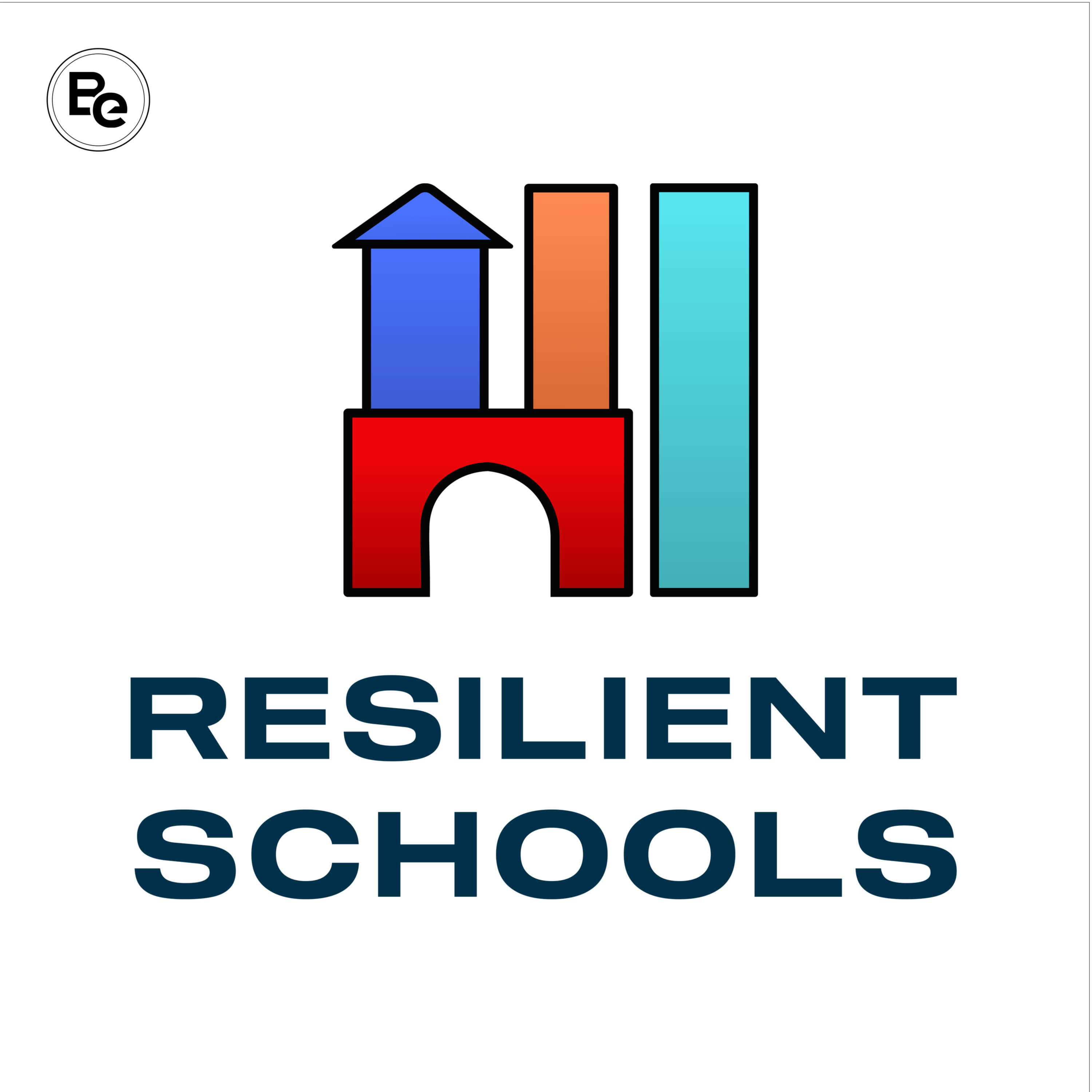- After-Shows
- Alternative
- Animals
- Animation
- Arts
- Astronomy
- Automotive
- Aviation
- Baseball
- Basketball
- Beauty
- Books
- Buddhism
- Business
- Careers
- Chemistry
- Christianity
- Climate
- Comedy
- Commentary
- Courses
- Crafts
- Cricket
- Cryptocurrency
- Culture
- Daily
- Design
- Documentary
- Drama
- Earth
- Education
- Entertainment
- Entrepreneurship
- Family
- Fantasy
- Fashion
- Fiction
- Film
- Fitness
- Food
- Football
- Games
- Garden
- Golf
- Government
- Health
- Hinduism
- History
- Hobbies
- Hockey
- Home
- How-To
- Improv
- Interviews
- Investing
- Islam
- Journals
- Judaism
- Kids
- Language
- Learning
- Leisure
- Life
- Management
- Manga
- Marketing
- Mathematics
- Medicine
- Mental
- Music
- Natural
- Nature
- News
- Non-Profit
- Nutrition
- Parenting
- Performing
- Personal
- Pets
- Philosophy
- Physics
- Places
- Politics
- Relationships
- Religion
- Reviews
- Role-Playing
- Rugby
- Running
- Science
- Self-Improvement
- Sexuality
- Soccer
- Social
- Society
- Spirituality
- Sports
- Stand-Up
- Stories
- Swimming
- TV
- Tabletop
- Technology
- Tennis
- Travel
- True Crime
- Episode-Games
- Visual
- Volleyball
- Weather
- Wilderness
- Wrestling
- Other
Resilience Factors with Barbara Sorrells Resilient Schools 27
In this episode of the Resilient Schools podcast, host Jethro Jones interviews Dr. Barbara Sorrels , the Executive Director of The Institute for Childhood Education. Dr. Sorrels shares her insights on managing behavior and healing children from the inside out.Dr. Sorrels’ journey began when she started rocking abandoned babies in high school. Her first year of teaching was in the inner city, where she discovered the importance of spirituality and faith in children. She emphasizes that the faith community can be a resilience factor and enable connection.Dr. Sorrels believes that children have an innate understanding of God and that their behavior is often a reflection of their experiences. Instead of asking what is wrong with a child, she encourages educators to ask what has happened to them. Trauma can impact children at a cellular level, and it is important to approach it with compassion and understanding.
Understanding the impact of trauma is crucial. Dr. Sorrels explains that trauma can affect the organization of the brain, particularly during the prenatal stage and the first two months of life. She discusses the role of neurotransmitters and how ADHD medication manipulates them. Trauma can also interrupt the connection between the two hemispheres of the brain, affecting memory, language, and the use of symbols.Dr. Sorrels emphasizes the importance of creating moral classrooms and communities for children with trauma. These children often act at half their chronological age and require developmentally appropriate practices. Active learning engagement and the use of strategies like do-overs and giving choices can help heal children from the inside out.Practical strategies for managing behavior include creating a cozy corner where children can calm down and offering a wet washcloth as a tangible symbol of empathy. Dr. Sorrels reminds educators to see struggling children not as problems, but as individuals who have experienced something difficult. By understanding their stories and offering support, educators can truly make a transformative impact.Overall, this episode provides valuable insights into managing behavior and healing children from the inside out. Dr. Sorrels’ expertise and compassionate approach offer practical strategies for educators to create a supportive and healing environment for all children.
Barbara started rocking abandoned babies when she was in high school in Washington, D.C.
First year teaching was in the inner city.
The role of spirituality and faith in children.
Faith community is a resilience factor.
Faith enables us to have connections.
Children have an innate understanding of God.
When you have that child standing in front of you that can sometimes get on your last nerve, ask not what is wrong with you, but what has happened to you.
Impacts us at the cellular level.
I look at you with compassion for your story.
The kids’ history has told them that the world is not a safe place.
“Children act out“ in behavior when they do not have the words to say.
How much do we need to know about students’ trauma?
The trauma determines the impact.
The behavior speaks for itself.
Need to look at trauma with a broader lens.
What happens inside a child’s body when they experience trauma?
FAE and Pre-natal drug exposure impacts the organization of the brain.
The most vulnerable time is in-utero and the first two months of life as it relates to brain development.
Dr. Perry and neurotransmitters.
ADHD medication manipulates one of the three neurotransmitters.
Dendrites on neurons related to quality and health of early life.
Trauma can interrupt two hemispheres of the brain.
Memory, language, using symbols can be comprom

